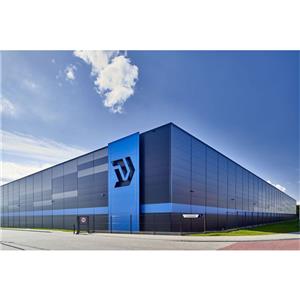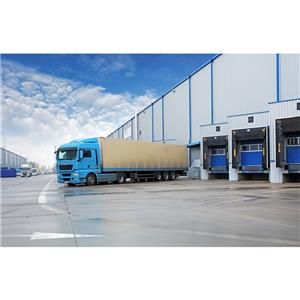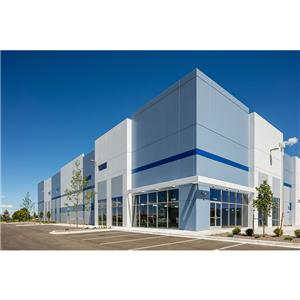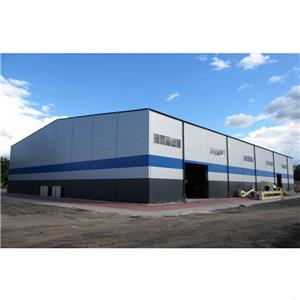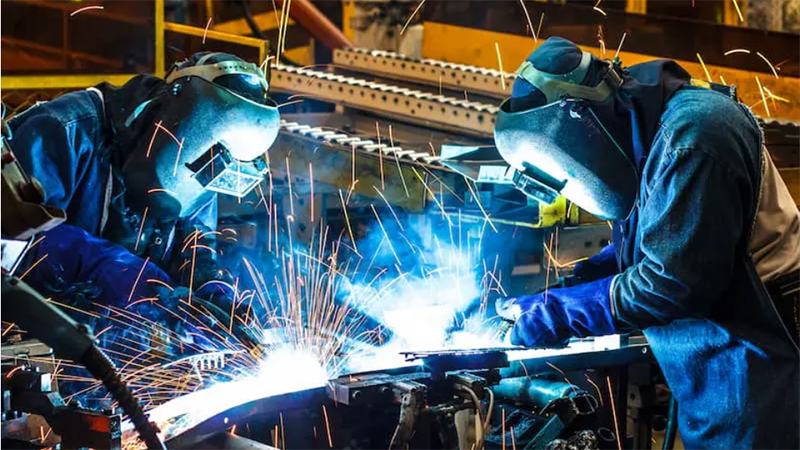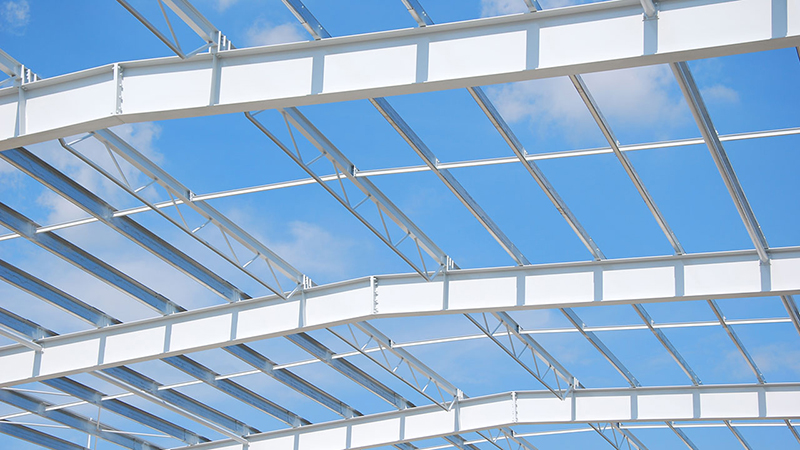How to choose the correct welding method for steel structures?
In engineering, we often use steel structures, so how should we choose the correct welding method for steel structures? Next, the editor will explain to you.
Selection of welding categories, usage characteristics, and applicable occasions for steel structures:
1. Arc welding
Welding rod arc welding
AC welding machine: Simple equipment, flexible and convenient operation, capable of welding in various positions without weakening the cross-section of components, ensuring quality, and low construction cost. Welding ordinary steel structures is a widely used welding method on construction sites.
DC welding machine: The welding technology is the same as using AC welding machines, and the arc is stable during welding, but the construction cost is higher than using AC welding machines. It is used for welding steel structures with higher quality requirements
Submerged arc welding:
It melts the metal under the flux. The welding heat is concentrated, the penetration is large, the efficiency is high, the quality is good, there is no splash, the Heat-affected zone is small, and the weld formation is uniform and beautiful; The operating technology should be low, and the labor conditions should be good. In the factory, the welding length should be large, and the straight fillet and butt welds with thicker plates should be welded
Semi-automatic welding
It is basically the same as the submerged arc welding machine, with flexible operation, but not convenient to use. Butt welding with shorter or curved shapes.
CO2 gas shielded welding
It is a light wire welding method that uses CO2 or inert gas instead of flux to protect the arc; It can be welded in all positions, with good quality, fast melting speed, high efficiency, and electricity saving. After welding, there is no need for welding slag, but during welding, it should be avoided to weld thin steel plates and other metals. Welding of thick steel columns and beams
2. Electroslag welding
The resistance thermal welding generated by current passing through liquid slag can weld large thickness welds. Welding of thick steel plates, large diameter round steel, and cast steel
3. Gas welding
Welding is carried out using a flame of mixed combustion of acetylene and oxygen to melt the metal. When welding non-ferrous metals and stainless steel, gas welding powder protection is required. Thin steel plates, cast iron, connectors, and overlay welding
4. Contact welding
Resistance thermal welding generated by the passage of current through the weldment
Butt welding of steel bars, spot welding of steel mesh, and welding of embedded iron parts
5. High-frequency welding
Utilize the heat generated by high-frequency resistors for welding. Longitudinal welds of thin-walled steel pipes

